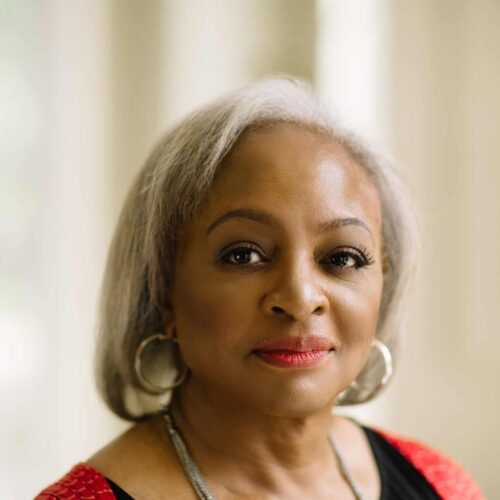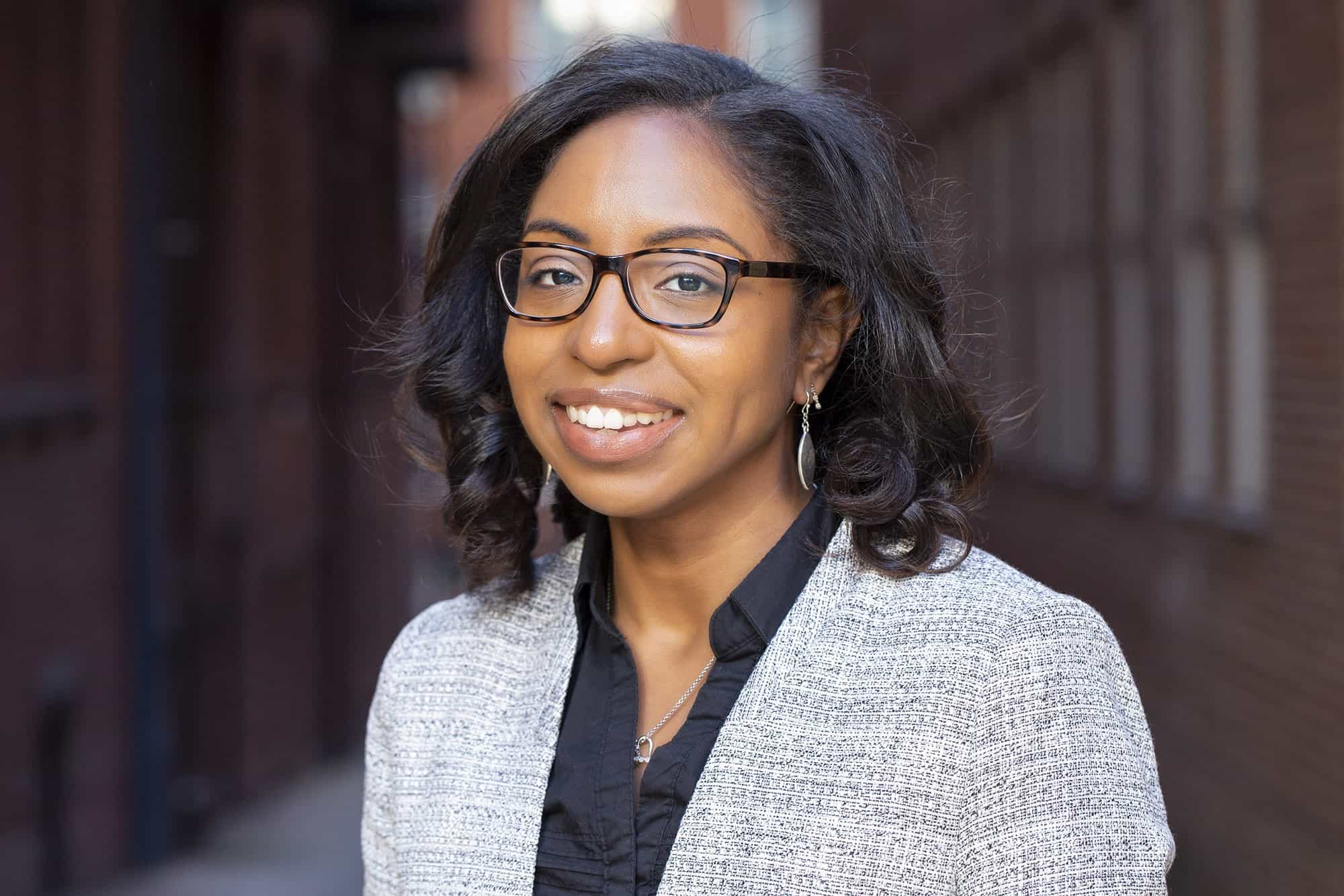Introduction
The constitutional right to a well regulated militia and to keep and bear arms does not apply equally to Black and white Americans — just as intended.
Carol Anderson lays out the evidence in her book, The Second: Race and Guns in a Fatally Unequal America. “The Second Amendment was really a bribe to the South to not undercut the Constitution,” said Anderson, chair of African American Studies at Emory University.
At the Virginia ratification convention, Patrick Henry and George Mason shared their fears that a strong central government would leave the South defenseless in a slave uprising. Plenty of insurrections had demonstrated that the enslaved would fight for their emancipation too.
Among the amendments in the Bill of Rights — freedom of the press, no state-sponsored religion, the right to a speedy and fair trial — the right to a well regulated militia for the security of a free state is a “screaming outlier,” Anderson said. That’s because its role was to assure that the “militia would always be there to protect the white community against the Black threat.”
As the fledgling democracy took shape, states passed laws that prohibited free and enslaved Blacks from accessing guns and ammunition.
The Kyle Rittenhouse verdict and Ahmaud Arbery trial illustrate the Second Amendment’s racist roots at work, Anderson said.
Last week, Rittenhouse was found not guilty of homicide and other charges for fatally shooting two men and wounding another last summer. The then 17-year-old drove 20 miles across the Illinois state line and brought a semiautomatic weapon to a protest over police misconduct in Kenosha, Wisconsin. He testified that he acted in self-defense.
Arbery, 25, was jogging in his suburban southeast Georgia neighborhood in February 2020 when two men who allegedly suspected him of committing a series of local break-ins began to chase him in a pickup truck around the neighborhood. Arbery was unarmed. The men shot and killed him.
In closing arguments, a defense attorney described Arbery as having “long, dirty toenails” — reflecting America’s long history of dehumanizing Black people and painting them as a threat, Anderson said. “‘He was a beast,’ is what she was saying.”
During a Zoom interview with the Center for Public Integrity, Anderson talked about the high-profile cases and why the Second Amendment is anti-Black.
Public Integrity talked with Anderson before the Arbery verdict came down Wednesday. The three defendants were convicted of felony murder.
*This conversation has been edited for length and clarity.
What’s important for us to keep in mind as we grapple with the Rittenhouse verdict and the Arbery case?
We’re seeing basically the roots of slavery operating in our courts today. So what the Rittenhouse decision was about was that you could have white vigilantism and it could do the work of containing and controlling Black lives.
What we’re seeing in the Ahmaud Arbery case where you have [defendant] Travis McMichael going: ‘Well, he wouldn’t stop. I told him to stop.’ You see the slave patrols there. There was a Black person who was not in his place. That was out of place. ‘Let me see your papers. Let me see why you’re on this road.’ That kind of sense that whites have the right to police without being official agents, have the right to police Black folks’ quest to live in their full humanity.
We are not safe. That’s what we have to really understand.
You touched on my next question, of how the Rittenhouse and Arbery trials illustrate the ways in which self-defense as interpreted by the Second Amendment contorts itself to be anti-Black. (Note: The judge dismissed a misdemeanor weapons charge against Rittenhouse, who got an AR-15 from a friend while too young to purchase it, because of an exception in a Wisconsin statute for long-barreled guns.)
Contorts is a beautiful way to put that. You’re just seeing the leg over the ear. And it’s watching the rationale of folks as they justify what Kyle Rittenhouse did. And that he inserts himself into a situation where there are protests.
Now one of the things that struck me was how they sheared off his origin story. All of that was removed in the telling in court. It was the same way they sheared off George Zimmerman’s origin story that could then turn Trayvon Martin into somebody who deserved to be shot.
What’s also unique about the Rittenhouse case is that the men who were killed were white. How do you see proximity to Blackness or social justice causes that benefit Black people at work in this case so that it resulted in a Rittenhouse acquittal?
When white folks believe that Black lives matter, we have a long nasty history of this. I know I tweeted that out. I talked about Elijah Lovejoy, who was a newspaper publisher, an abolitionist. And they kept burning down his press, and so he got a gun because he knew they were coming another time. The cops had done nothing about them consistently burning down his press, and so he was going to defend his life and his property. Instead, they killed him. And during the trial his killers were found not guilty. Because this was a white man believing that Black folks should not be enslaved.
You think about Rev. James Reeb, who was the white minister down in Selma who had his head bashed in. Killed. Do we know who did it? [shakes head no]
Think about Viola Liuzzo, who was the white woman who was driving folks back from [another] long march in Selma, and she was gunned down in her car. Her killers were found not guilty.
Mickey Schwerner and Andrew Goodman, who were down in Mississippi on Freedom Summer. You had, eventually, a federal trial where some were found guilty of violating their civil rights and spent [several] years in jail. But it took 40 years for there to be a murder trial for this triple murder that happened in Misssissippi. And one man, Edgar Ray Killen, was found guilty.
It’s part of sending a signal about what whiteness is, and it requires whiteness to stay in its place. It requires whiteness to be whiteness über alles, over everything: over democracy, over justice, over fairness, over equality. And if you don’t stay in your place, there are consequences.
How does the anti-Blackness embedded in the Second Amendment shape law enforcement and interpretations of self-defense today?
You see it in terms of Stand Your Ground laws, for instance. Stand Your Ground is like the penultimate in self-defense because it expands the Castle Doctrine. The Castle Doctrine says you have the right to defend yourself if an intruder comes into your home. And that is almost like the land of Duh. Somebody who’s not supposed to be up in my house is in my house? Where I’m supposed to be safe? No. But what Stand Your Ground does is it says anywhere where you have a right to be, and if you perceive a threat, you have the right to use lethal force. So your perception of threat is enough.
As Jennifer Eberhardt, who is a brilliant psychologist out of Stanford, has shown in her research, Black is the default threat in American society. It is the thing that has the amygdala just going crazy. When you perceive that threat as Blackness, then that means that you can use lethal force. And this is why, when we’re looking at the data, whites who kill Blacks under Stand Your Ground are 10 times more likely to walk under justifiable homicide than Blacks who kill whites.
We also see that when whites kill Blacks under Stand Your Ground … [it’s] 200% more likely that they will walk under justifiable homicide than when whites kill whites.
So you get this thing that when Blacks are the victims of these shootings, of these Stand Your Ground laws, that when Black is the default threat, the legal system says, ‘Well, yeah. They were threatening.’ And makes that so.
Why, even after the Voting Rights Act and the Civil Rights Act, has the anti-Blackness embedded in the Second Amendment persisted?
Because anti-Blackness is a beast. Anti-Blackness, it is the fuel for white supremacy. It is the thing that puts the United States of America in jeopardy consistently. So much of the [Civil Rights] Movement was about swaddling Black folks in the flag. All we want is to be American citizens. We want opportunity. We want the right not to be discriminated against.
Lee Atwater said it best with the southern strategy: In ‘54 you can say the N-word. N-word. N-word. By ‘68, you can’t. It hurts you. It backfires. You start getting really abstract, talking about economic things, like taxes and state’s rights and forced busing. But the whole point is that Blacks get hurt worse than whites.
You see the anti-Blackness embedded in this language of race-neutral policies. This is why we’re seeing the continuation of this.
If Black is the default threat, Black folks with guns become an exponential threat that has to be curtailed.
You write: “The Second Amendment is so inherently, structurally flawed, so based on Black exclusion and debasement, that, unlike the other amendments, it can never be a pathway to civil and human rights for 47.5 million African Americans.” So what’s the solution? How do we move forward?
We have to dismantle anti-Blackness in American society. We have to rethink what real safety and security looks like. Real safety and security does not come at the barrel of a gun.
And we have to treat the Second Amendment the way we treated the 18th, which was Prohibition. It’s not all that. We have to treat it the way we treated the three-fifths clause. Just because it was in the Constitution does not mean it’s absolutely hallowed ground. There is some stuff that is so rank and foul that it needs to be understood as so rank and foul that it does not hold credence in this society.
April Simpson is a senior reporter at the Center for Public Integrity. She can be reached at asimpson@publicintegrity.org. Follow her on Twitter @aprilleticia.
Help support this work
Public Integrity doesn’t have paywalls and doesn’t accept advertising so that our investigative reporting can have the widest possible impact on addressing inequality in the U.S. Our work is possible thanks to support from people like you. Donate now.
Read more in Inequality, Opportunity and Poverty
Inequality, Opportunity and Poverty
These books tackled inequality in 2021
A year of deep looks at discriminatory systems in government, education, policing, poverty and media.
Inequality, Opportunity and Poverty
How lack of Medicaid expansion fuels rural poverty in the Deep South
Louisiana expanded Medicaid. Mississippi didn’t. How are lives changed as a result?




Join the conversation
Show Comments